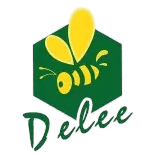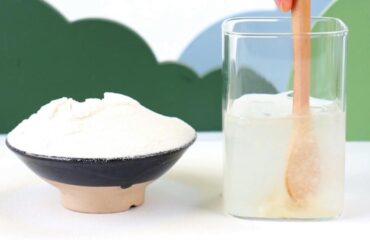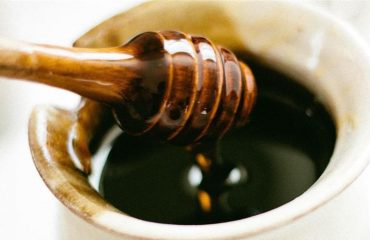Bee pollen, a powerhouse of protein, vitamins, and antioxidants, is celebrated for boosting immunity, enhancing skin health, and aiding digestion. However, navigating the crowded market for pure, affordable bee pollen can be daunting. This guide breaks down actionable steps to identify high-quality products while maximizing value, ensuring you avoid low-grade or contaminated options.
Step 1: Sensory Evaluation of Bee Pollen
Use these simple, no-tool methods to assess quality:
- Visual Inspection
- Uniformity: Premium bee pollen has consistent color and size (e.g., rapeseed pollen is bright yellow; camellia pollen is golden).
- Avoid: Discolored grains, mold spots, or debris—these signal poor processing or storage.
- Aroma Test
- Fresh pollen emits a natural floral scent. A musty or chemical odor indicates spoilage or contamination.
- Taste Profile
- Authentic pollen has a mildly sweet, slightly bitter aftertaste. Overly sweet or harsh flavors may stem from additives or improper drying.
- Texture Check
- Crush a grain between your fingers. High-quality pollen is dry and crumbles easily. Stickiness or clumping suggests moisture exposure, raising mold risks.
Step 2: Verify Lab Testing & Certifications
Reputable suppliers provide third-party lab reports confirming:
- Purity: No fillers, pesticides, or heavy metals.
- Microbial Safety: Low yeast/mold counts (under 100 CFU/g).
- Nutritional Integrity: Protein content ≥15%, with active enzymes preserved.
Always request these documents before purchasing.
Step 3: Prioritize Origin & Harvesting Practices
The pollen’s source impacts its safety and nutrient profile:
- Ideal Regions: Remote, pollution-free areas (e.g., alpine meadows, organic farms). Bees here collect diverse, chemical-free flora.
- Avoid: Pollen from industrial zones or monoculture farms, which may contain toxins or lack nutritional variety.
Example: Delee Foods partners with beekeepers in pristine Chinese mountain regions, ensuring raw, unprocessed pollen free from environmental pollutants.
Step 4: Compare Brands for Transparency & Value
Delee Foods stands out for:
- Direct Sourcing: Eliminating middlemen to reduce costs without compromising quality.
- Rigorous Testing: Each batch undergoes microbiological and heavy metal screening.
- Custom Solutions: Bulk pricing for retailers and tailored product mixes (e.g., mixed floral pollen packs).
Other trusted brands include:
- Bee Health Naturals (USDA-certified organic, cold-processed).
- Hive Naturals (sustainably harvested, traceable via batch codes).
Why Avoid Cheap, Low-Grade Bee Pollen?
Subpar products often:
- Contain filler grains or artificial dyes.
- Lack enzymatic activity due to high-heat processing.
- Pose health risks from mold or pesticide residues.
Finding affordable, high-quality bee pollen requires diligence—scrutinize sensory traits, demand lab reports, and prioritize ethical brands like Delee Foods. By focusing on purity and origin, you gain a nutrient-dense superfood that supports long-term wellness without overspending.




